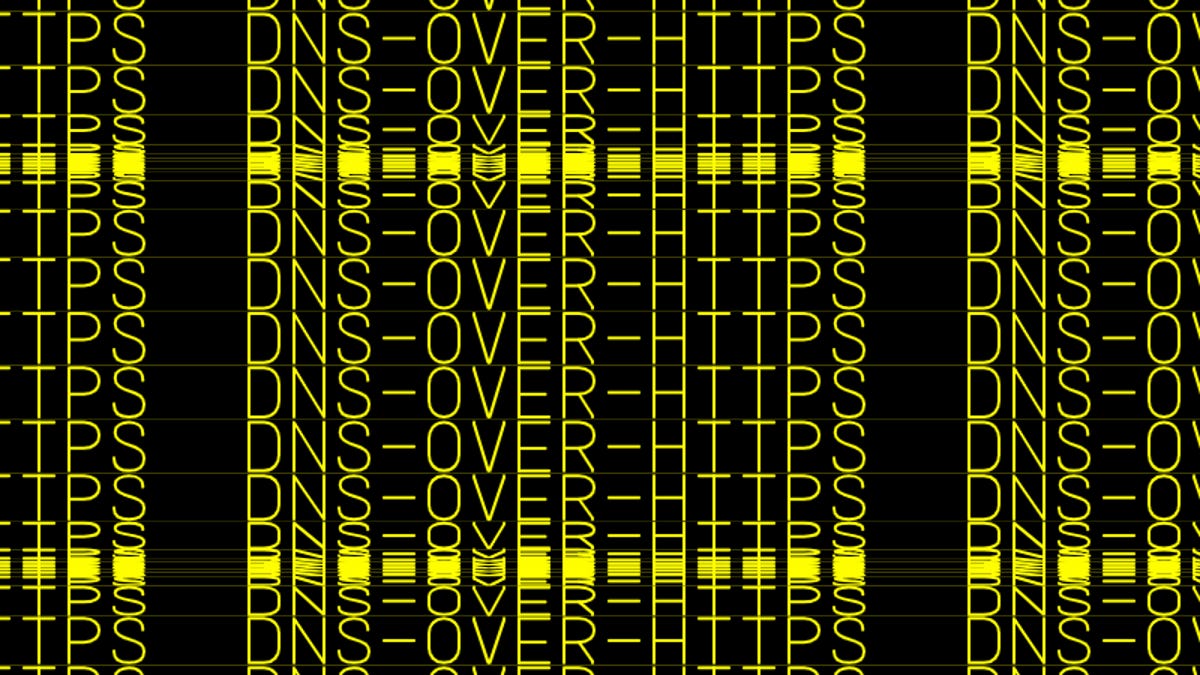I read through the Cloudflare post, and quite frankly, this is a stupid idea. Yet another single point of failure introduced, more latency, and you are just shifting your trust into the hands of the one running the proxy.
DNS resolution is a core, low-level protocol that is critical to many Internet applications such as web browsing (which relies heavily on DNS resolution as the average website often has over a dozen of hostnames in need of DNS lookups). Every time you make it more complicated and you increase its latency, it will have a very visible negative impact on the user experience. DNS was originally designed the way it was for very good reasons:
- UDP based for the lowest latency possible
- Very simple and robust to reduce the chances of things breaking
- Highly redundant, you can use ANY nameserver in case your usual primary server went down (and you can typically use at least two different resolvers as a failover)
- Decentralized as much as possible, so you aren't forced to put all of your trust into the hands of one specific provider
Modern "solutions" are constantly throwing overboard all of these basic design principles, and they keep making things worse. DoT and DNSSEC were reasonable compromises because of the core issues they addressed. DoH makes it worse for no good reason (and enough already with the "it's the only way to avoid censorship", it takes just a few firewall configs to completely block DoH), and ODoH makes it even worse, once again for no real good reasons.
Seriously folks, start thinking of the Internet as a public place. Do any of you wear a costume and a full face mask whenever you go out shopping, because you don't want anyone else to know you went into this store or that store? Why is doing that so "important" on the Internet, but not important when you go out shopping? Do you go to a company's special building to hire someone to go into the supermarket for you, just so that supermarket won't know you shop at their place, but you trust that company's proxy buyer to respect your privacy better than the supermarket? This is exactly what is going on here with ODoH.
People are confusing "wants" with "needs" in this case. What you want does not always equal what you need, and what you need does not always equal what you want.
DNS resolution is a core, low-level protocol that is critical to many Internet applications such as web browsing (which relies heavily on DNS resolution as the average website often has over a dozen of hostnames in need of DNS lookups). Every time you make it more complicated and you increase its latency, it will have a very visible negative impact on the user experience. DNS was originally designed the way it was for very good reasons:
- UDP based for the lowest latency possible
- Very simple and robust to reduce the chances of things breaking
- Highly redundant, you can use ANY nameserver in case your usual primary server went down (and you can typically use at least two different resolvers as a failover)
- Decentralized as much as possible, so you aren't forced to put all of your trust into the hands of one specific provider
Modern "solutions" are constantly throwing overboard all of these basic design principles, and they keep making things worse. DoT and DNSSEC were reasonable compromises because of the core issues they addressed. DoH makes it worse for no good reason (and enough already with the "it's the only way to avoid censorship", it takes just a few firewall configs to completely block DoH), and ODoH makes it even worse, once again for no real good reasons.
Seriously folks, start thinking of the Internet as a public place. Do any of you wear a costume and a full face mask whenever you go out shopping, because you don't want anyone else to know you went into this store or that store? Why is doing that so "important" on the Internet, but not important when you go out shopping? Do you go to a company's special building to hire someone to go into the supermarket for you, just so that supermarket won't know you shop at their place, but you trust that company's proxy buyer to respect your privacy better than the supermarket? This is exactly what is going on here with ODoH.
People are confusing "wants" with "needs" in this case. What you want does not always equal what you need, and what you need does not always equal what you want.



